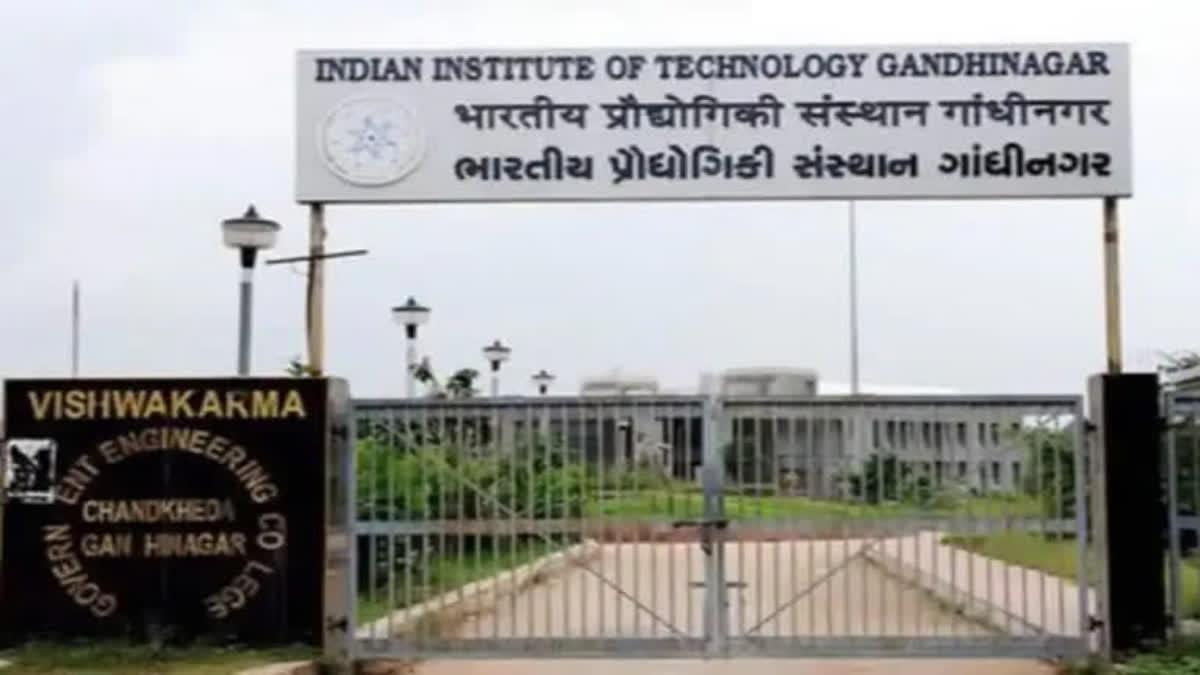New Delhi: North India accounts for 95 per cent of the country's groundwater depletion, according to a study which found that rainfall increase in the future will be insufficient to fully recover the already depleted resources. The researchers at Indian Institute of Technology Gandhinagar (IIT-GN) also found that groundwater depletion in India will continue until excessive pumping is limited, leading to water sustainability issues in the future.
Nonrenewable (unsustainable) pumping has the dominant influence on groundwater storage, causing the water table to drop, they said. "Limiting tube well depth and including extraction costs is beneficial to prevent overexploitation of deep aquifers," said Vimal Mishra, Professor, Civil Engineering and Earth Sciences, IIT Gandhinagar.
"Limiting global mean temperature rise within 2 degrees Celsius can benefit groundwater storage in North India," Mishra told PTI. The study, published recently in the journal One Earth, analysed data from the Central Groundwater Board (CGWB) in-situ groundwater well levels and satellite observations to study groundwater storage variability.
The team, including Swarup Dangar, a PhD scholar in Civil Engineering at IIT Gandhinagar, then used global climate model projections having different future warming scenarios for hydrological model simulations. The researchers also estimated the relative contribution of the groundwater pumping and recharge on the future changes in groundwater storage.
Also read: Low cost SO2-detecting camera developed, could help with long-term volcanic emissions monitoring
They found that the wettest historical and future periods support partial groundwater recovery despite the continuing abstraction from nonrenewable groundwater resources. The study shows that the projected increase in precipitation may not directly translate to an increase in ground water storage. Rise in potential evapotranspiration (PET) due to the warming climate can offset the positive impact of increase in rainfall.
"It is crucial to reduce groundwater depletion in order to maintain sustainable groundwater resources in the region, even if there is an expected increase in precipitation that could help recharge the groundwater," said Dangar. "Even with an increase in precipitation, excessive groundwater withdrawal can lead to the drying or deepening of wells. Additionally, information on the costs associated with deeper groundwater pumping could inform better groundwater use and management practices," Dangar told PTI.
The researchers noted that decline in precipitation and the rapid increase in tube wells for groundwater abstraction has resulted in excessive pumping of groundwater, leading to a severe depletion of groundwater resources in North India. In North and Central India, groundwater is mainly used for irrigation of rice and wheat crops during the pre and post-monsoon seasons, they said.
The recent increase in groundwater storage in South India can be attributed to a rise in rainfall during the monsoon season, according to the study. The researchers noted that the limit of groundwater depletion is not yet clear, however, the depletion of deeper groundwater resources can make pumping water economically unviable. "It may be useful to shift crop growing and procurement areas or switch to less water-intensive cereals and improve water use efficiency in irrigation," Mishra added. (PTI)



